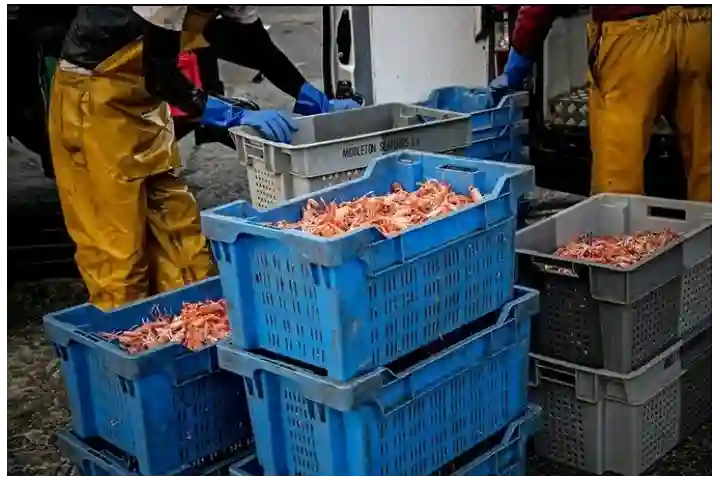China’s aggressive and often illegal fishing activities and its subsidy programme have caught the attention of the world.
Recent reports have revealed that a large part of the subsidies provided by China to its fleet are actually causing harm in maintaining sustainability of fish stocks. What is also worrisome is the rising ambiguity in its reporting on its fishing activities and the structure of subsidies that the government provides even as the World Trade Organization (WTO) is looking at putting an end to harmful fishing subsidies, Seafood Source, an online news and research outfit focusing on marine life said.
China has the world’s largest distant-water fishing fleet.
China is not alone in distant-water fishing, but its fleets are frequently accused of fishing illegally and overfishing, BusinessInsider said.
Also read: Developing countries close ranks as rich try to bulldoze through at Glasgow COP26 meet
A study by Oceana, a non profit ocean conservation organisation, has revealed that 85 per cent of subsidies that China provides to its fishing fleet are causing harm to the existing fish stocks.
“China’s distant-water fishing fleets are of particular concern because their predatory fishing activities are unmatched in their sophistication, scale and harm,” the Seattle Times in an article last week noted.
Calling this as “pseudo-navy” the news organisation said that China has been using these to influence disputed territories while also expanding illegal fishing operations in marine protected areas.
The Organisation for Economic Co-operation and Development (OECD) has been highlighting that while fishers can benefit from government support, there is an urgent need to remove the incentives to over-fish,
Of the 600 fish stocks that were evaluated by the UN Food and Agriculture Organization (FAO) about two years ago, 33 per cent are either overfished or depleted, and most of the rest are at their limit. Overfishing can wreak havoc on marine ecosystems and disrupt a crucial element of the food chain that humans and other animals rely on, the report said.
A Yale School of Environment study published a year ago noted that the Chinese fishing fleet has been sailing beyond its territories “in recent years to exploit the waters of other countries, including those in West Africa and Latin America, where enforcement tends to be weaker as local governments lack the resources or inclination to police their waters.”
Also read: Pakistan asks China to restart CPEC projects stalled over investment, power dues and safety
An analyst told India Narrative that the lack of adequate and effective governance of ocean waters in many parts has boosted Chinese activities.
“Ocean life is critical and needs protection. The Chinese fishing fleet is aggressive and we can see an increasing imbalance in the acqua-marine culture,” he said, adding that WTO needs to take action at the earliest.
“Given China’s major role in the ongoing WTO fisheries subsidies negotiations, where harmful DWF (distant water fisheries) subsidies and reporting protocols are key sticking points, it is essential that the global community understands the scale, scope and nature of China’s fisheries subsidies program,” the Oceana report pointed out.



















